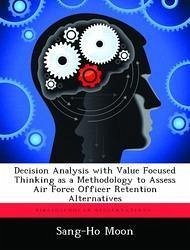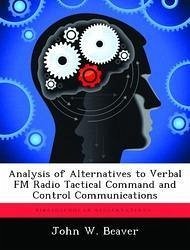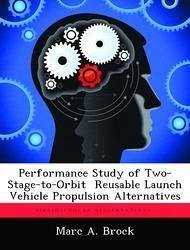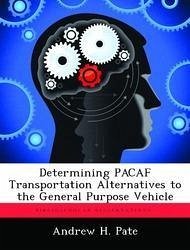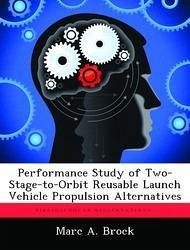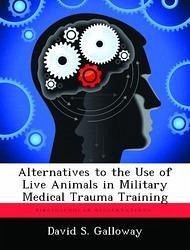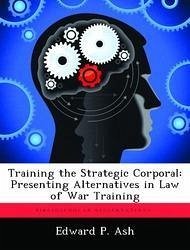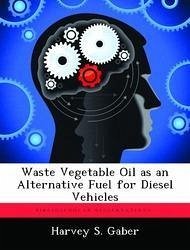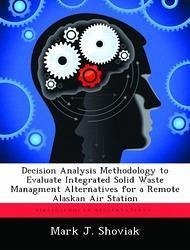
Decision Analysis Methodology to Evaluate Integrated Solid Waste Managment Alternatives for a Remote Alaskan Air Station
Versandkostenfrei!
Versandfertig in über 4 Wochen
20,99 €
inkl. MwSt.

PAYBACK Punkte
10 °P sammeln!
Eareckson Air Station (AS), a remote U.S. Air Force installation, faces the complex decision of selecting a new municipal solid waste (MSW) management strategy to replace its current non-compliant system. This research effort applies value-focused thinking and multiattribute preference theory to decision analysis techniques to produce a multiple-objective decision analysis model that captures all of the site's MSW goals, objectives, and concerns in order to facilitate the evaluation of MSW management strategies available. The model ranks 40 specific MSW management alternatives, which were deve...
Eareckson Air Station (AS), a remote U.S. Air Force installation, faces the complex decision of selecting a new municipal solid waste (MSW) management strategy to replace its current non-compliant system. This research effort applies value-focused thinking and multiattribute preference theory to decision analysis techniques to produce a multiple-objective decision analysis model that captures all of the site's MSW goals, objectives, and concerns in order to facilitate the evaluation of MSW management strategies available. The model ranks 40 specific MSW management alternatives, which were developed in accordance with the decision-maker's assumptions and constraints, based on how well they meet Eareckson's overall strategic objective, a 20-year compliant MSW system. The model provides insight to the decision-maker as to which strategy is best suited for Eareckson's MSW management needs. Sensitivity analysis is incorporated in the model to assess and illustrate the effects of changes in model objective weights and changes in model parameters. Overall, the model provides the Eareckson AS decision-maker with a decision tool to make a better decision when choosing a new MSW management strategy. The model results suggest that the Eareckson AS MSW strategy should be a Class II municipal solid waste landfill (MSWLF) along with a recycling combination that includes at least paper and cardboard recycling. The top-ranked alternative consists of a Class II MSWLF along with recycling aluminum cans, steel cans, glass, paper, and cardboard. Sensitivity analysis shows that this top-ranked alternative is relatively insensitive.



